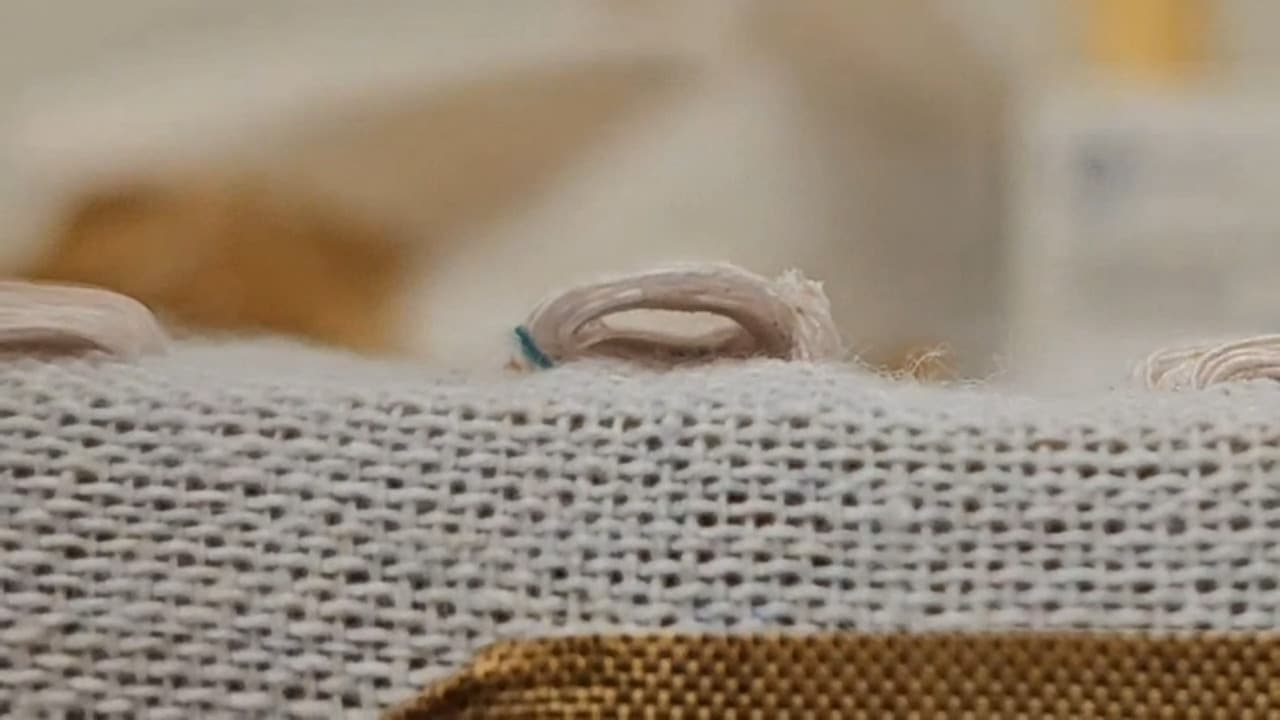Pages from the Past

Alumni reflect on the Dean’s Pages Program
By: Tony Hoppa
More than ever, students who bring both knowledge and leadership to a potential employer stand out in today’s competitive market – and gain a hiring edge. The Dean’s Pages Program in the Wilson College of Textiles – now nearing its five-year anniversary – helps students do just that.
Introduced in January 2016, the program provides an avenue for students to engage with the college while honing their leadership skills. Often the first point of contact for those calling or visiting the dean’s office, pages are on the front line projecting a service-friendly image for the Wilson College.
Dean’s pages perform a range of activities – from daily administrative office tasks to more involved assignments involving project research and special event planning and support. Large-scale events include last year’s Packapalooza and the renaming of the college to honor the generous support from alumnus Fred Wilson ’61 and his family.
In assisting Amanda Padbury, executive assistant to Dean David Hinks, pages get an early start on professional development and networking with faculty and professional staff in Wilson College.
“Not only is it a joy to see a smiling student when first entering the dean’s suite, it is symbolic of our commitment to supporting student success and leadership development,” said Hinks. “I am proud of each of our current pages and our growing dean’s pages alumni who are developing into strong leaders in their fields.”
Students interview to become a dean’s page, and once accepted, receive various leadership development training including the CliftonStrengths program. Other training includes career development skills in areas such as resume writing, LinkedIn navigation and interviewing. New in fall 2020, pages have been assigned to lead a particular aspect of the program ranging from professional development to wellness to office management.
“I enjoy working with the dean’s pages, getting to know their personalities and natural strengths and then assigning projects that capitalize on and further develop their capabilities,” said Padbury. “I hope that being a page helps prepare them for their next step in life – whether their first job or graduate or professional school.”
Padbury hires an average of ten pages per year for the paid part-time positions. Many return every year, with one serving as head page which creates continuity on the pages team.
We caught up with several of our dean’s pages alumni who reflected on their experience and how the program has helped them progress in their current career.
- Categories:















